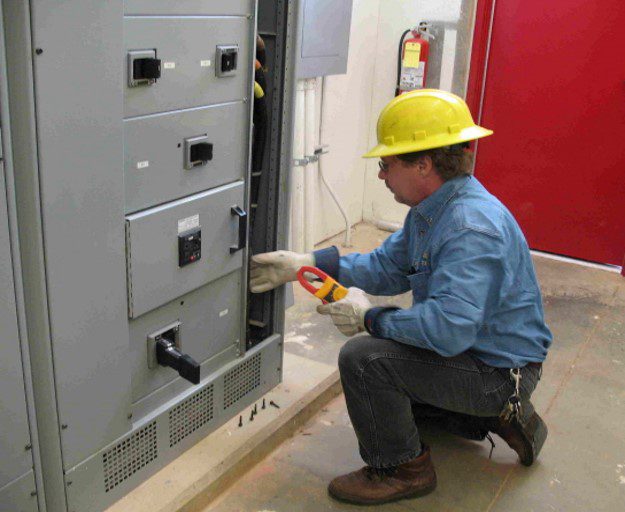Electrical Safety in the Workplace – Low Voltage

The University of North Carolina at Charlotte has two Electrical Safety programs. The Electrical Safety in the Workplace program is designed for low voltage electricians and the Medium Voltage Electrical Safety program is designed for medium voltage electricians.
The purpose of the Electrical Safety in the Workplace program is to comply with the Occupational Safety and Health Administration (OSHA) requirements as outlined in 29 CFR 1910.331-335 and 1910.137. The program is designed to identify and control electrical hazards during the installation, repair, maintenance, and operation of electrical equipment, components, and system. All qualified and unqualified low voltage electrical employees must be enrolled in the program.
What you need to know
- You must be enrolled in the Electrical Safety in the Workplace program if you are performing low voltage electrical work. Contact EHS to determine enrollment status.
- Training is required initially and periodically thereafter
- The energized work permit must be approved prior to performing work on energized parts
- Electrical safe gloves must be tested every 6 months
- Visual inspection of tools and equipment and instruments must be completed
- Safety hazard warning signage is posted on electrical panels
- PPE must be made available and worn by employees
- PPE must be stored and maintained in accordance with manufacturer requirements
Services
The Environmental Health and Safety Office offers the following services:
- Consultative hazard assessment
- Program enrollment
- Energized permit authorization
- Training
- Limited equipment testing
- Written programs, plans, and procedures
- Inspections